Courses Infomation
ConversionXL, Martijn Scheijbeler – Technical SEO
ConversionXL, Martijn Scheijbeler – Technical SEO
**More information:
Description
Keyword research and basic SEO can only take you so far.
Implementing technical SEO could be the difference between ranking on Page 1…or never being indexed. You need to know how to audit your site for technical SEO needs and improvements so you can get more visitors, leads, sales and signups for your business.
This course give you deep, current knowledge of technical SEO: the behind-the-scenes components like site structure, JavaScript, and structured data that can have a massive impact on rankings. Whether you’re barely familiar with these components or simply want to ensure you’re up to date, this course covers each in detail.
Introduction video (1 min)
After taking this course, you’ll…
- Know what is important in a technical audit and how to start one yourself.
- Be able to optimize on-page content with the right keywords & page structure.
- Understand what a good URL structure is and how you can influence crawl behavior.
- Know how to use JavaScript frameworks to influence technical SEO.
- Easily create XML sitemaps to help you better understand content & index rates.
- Be skilled at marking up your content with structured data so it can extract entities.
- Be able to decide on the right domain strategy, URL structure, content & keywords while working across multiple countries.
This course is right for you if you…
- Handle SEO for a large, complex website and organic traffic growth from on-page optimizations has plateaued.
- Believe that a lack of technical SEO knowledge is keeping you from making clear, persuasive recommendations to your development team or clients.
This course is NOT for you if…
- You are looking for the latest code to apply to your site in order to rank better or are looking for a plugin to solve all your issues.
- You are a beginner or you don’t have any experience with SEO and you want to optimize your site. Likely too much of the content will be too intermediate-advanced for you.
- You are particularly interested in the other areas of SEO, this course doesn’t go into the specifics of how to build a link, optimize your H1 or do keyword research.
Skills you should have before taking this course…
- You have experience working with HTML and JavaScript and you know their fundamentals.
- You have experience working with Google Analytics, you don’t have to be an expert.
- You understand the fundamentals of SEO and can identify the different areas; link building, content optimization, local SEO, international SEO.
Because this is an intermediate-to-advanced course, students should be familiar with SEO basics, including how search engines work, fundamentals of design-friendly SEO, and the importance of publishing and linking high-quality content from other high authority sites.
About
Martijn Scheijbeler
Martijn Scheijbeler is the VP Marketing at RVshare where he leads demand generation, analytics, retention & loyalty, branding, customer experience, marketing strategy, and product development. Obviously, SEO is part of all of that.
Prior to RVshare, he built out the SEO function for both Postmates and The Next Web where he advanced to become their Director of Marketing. He writes blog posts on Technical SEO via his blog, martijnscheijbeler.com, and is a featured guest blogger for ConversionXL, The Next Web and many others.
Your full course curriculum
TECHNICAL SEO
Technical SEO, the basics
In the first class, we’ll be guiding you through the basics of Technical SEO, we’ll teach you about what a page looks like (its HTML), how it’s made up and what you can immediately improve when you look at a page (meta tags, on-page content).
Get immediately download ConversionXL, Martijn Scheijbeler – Technical SEO
Topics Covered:
- What tools can you use to crawl a site to learn more about the technical issues & improvements?
- How does a search engine look at your page and ‘understand’ what it’s about?
- META Tags: Description, Keywords, Robots, Canonical, Open Graph, Twitter Cards, HREFlang.
- Content Tags: Headings, Styling, Paragraphs, Internal Links & Image Optimization, Broken Links.
- Starting a crawl, using tools to crawl your site to learn more about Technical SEO.
URL Structures & Indexing
In the second lesson, we’ll go in-depth about how to create a good URL structure and what tools you have to guide crawlers around your site and how to prevent them from accessing certain areas. We’ll talk about how you can streamline what crawlers look at and what kind of tools you have to influence this.
Topics Covered:
- Pagination: How do you handle pagination for (category) pages.
- URL Structure: What is a good URL structure and what isn’t & how should URLs be build up.
- Robots.txt: How to influence crawl behavior and exclude crawlers from certain areas.
- URL Parameters: Provide signals to search engines on what parameters are actually useful or not.
- Internal Linking: How do you link to other pages, why does it matter and what can you do to improve relevance across ‘silos’ of pages?
Crawl Behaviour & Crawlability
Lesson three explores the abilities you have to follow crawlers and what learnings come from that. As part of this class, we’ll talk about the tools you have to influence crawlability.
Topics Covered:
- Crawl Errors & Crawl Budget
- HTTP > HTTPS
- Status Codes (2xx, 3xx, 4xx, 5xx)
- Redirects (Apache/Nginx)
- WWW / NONWWW
- 301/302
- 500
- 302
- 410
- Log File Analysis: What does a request look like.
- What does the user agent of Google look like?
- JavaScript rendering: React, Angular, Vue, SSR/CSR, SPA, etc.
- Analyzing data from Headers
Sitemaps
Not every page on your site is always visible to a search engine, or what if you add hundreds of pages. That’s where sitemaps come in, they’ll give you the tools to provide search engines with an overview of your content and give you the insights into what pages are being crawled & indexed.
Topics Covered:
- XML Sitemaps; how to build the perfect XML sitemaps.
- HTML Sitemaps.
Structured Data Markup
Does a search engine really understand what your content is about? With structured data, you give the search engines a better idea by marking up your content. It will help search engines understand what a particular entity means and how it relates to others.
Topics Covered:
- Structured data and how it helps you and search engines.
- Schema.org & JSON-LD: The basics.
- The most recurring Schema.org snippets you’ll need.
Improving site/page speed
What is fast and what isn’t? This lesson introduces techniques that can improve site speed and what tools there are that better inform you of this.
Topics Covered:
- Analyzing waterfalls
- DNS Prefetch/Prerender
- Lazy loading
- Caching
- Server Requests
International SEO
If your organization operates in multiple countries there are certain steps you have to take in order to make sure that you have optimized for all technical aspects. You don’t want a German page ranking for your US customers and vice versa. In this lesson, we’ll talk about tools available to optimize your site for international SEO.
The future of Technical SEO
Is AI going to take over the world? In this lesson, we’ll talk about the new technologies (that have been available for a bit) that are steering the way websites will operate in the future.
Topics Covered:
- SEO Experimentation
- Accelerated Mobile Pages
- Progressive Web Apps
- Edge SEO
Show off your new skills: Get a certificate of completion
Once the course is over, pass a test to earn a CXL certification.
Add it to your resume, your LinkedIn profile or just get that well-earned raise you’ve been waiting for.
CXL Institute is an authorized LinkedIn education provider
You can add your education, certificates, badges – everything you learned and earned at CXL Institute into the Education section of your profile.
Get this course and 50+ others when you sign up for CXL Institute
This course (and all others – full list here) are included with the CXL Institute subscription.
At CXL Institute, you can take online courses on growth, digital marketing, optimization, analytics, persuasion – all in a single subscription.
- World’s leading practitioners teaching you their best stuff.
- 50+ online courses on all things data-driven marketing
- New courses added every single month
Sign up for CXL Institute and get access to
- 50+ courses (full list here) on all aspects of data-driven marketing (new courses added every month)
- 4 Minidegrees that give you advanced level skills
- Talk recordings by world class practitioners at CXL Live and Elite Camp
The CXL Institute guarantee:
- 7-day no questions asked money back period
- You can immediately apply learnings and improve your results.
Need help convincing your boss?
More information about SEO Marketing – Traffic:
Search engine optimization (SEO) is the process of increasing the quality and quantity of website traffic by increasing the visibility of a website or a web page to users of a web search engine.
SEO refers to the improvement of unpaid results (known as “natural” or “organic” results) and excludes direct traffic/visitors and the purchase of paid placement.
SEO may target different kinds of searches, including image search, video search, academic search, news search, and industry-specific vertical search engines.
Optimizing a website may involve editing its content, adding content,
and modifying HTML and associated coding to both increase its relevance to specific keywords and remove barriers to the indexing activities of search engines like Google ,Yahoo etc.
[citation needed] Promoting a site to increase the number of backlinks, or inbound links, is another SEO tactic. By May 2015, mobile search had surpassed desktop search.[
As an Internet marketing strategy, SEO considers how search engines work, the computer-programmed algorithms that dictate search engine behavior,
what people search for, the actual search terms or keywords typed into search engines, and which search engines are preferred by their targeted audience.
SEO is performed because a website will receive more visitors from a search engine the higher the website ranks in the search engine results page (SERP).
These visitors can then be converted into customers.
SEO differs from local search engine optimization in that the latter is focused on optimizing a business’ online presence so that its web pages will be displayed by search engines
when a user enters a local search for its products or services. The former instead is more focused on national or international searches.
Salepage : ConversionXL, Martijn Scheijbeler – Technical SEO

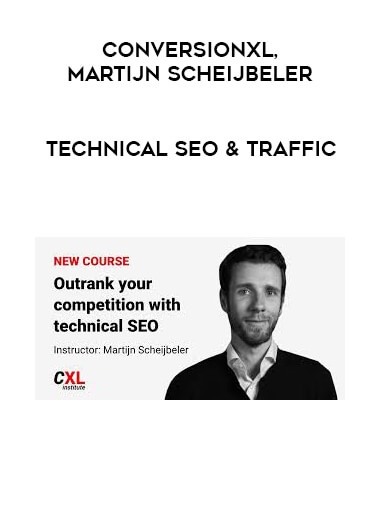
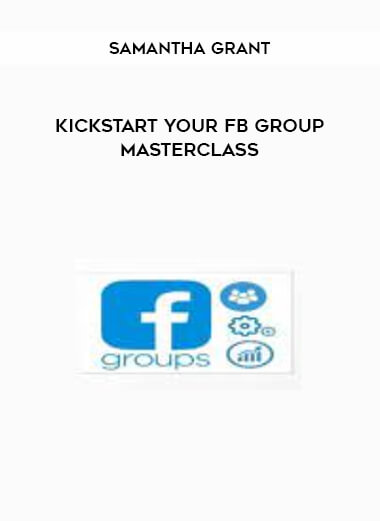
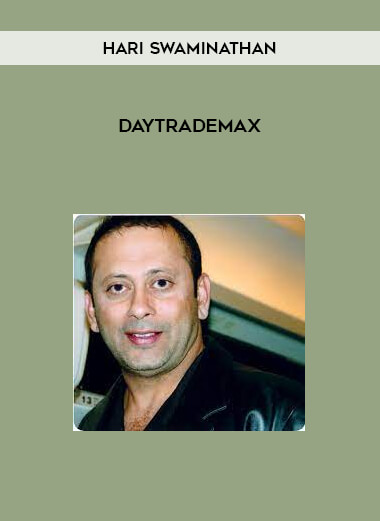


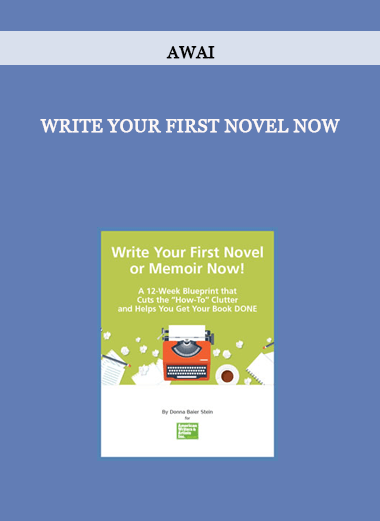
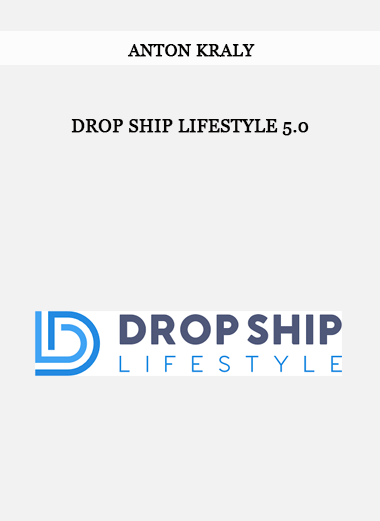
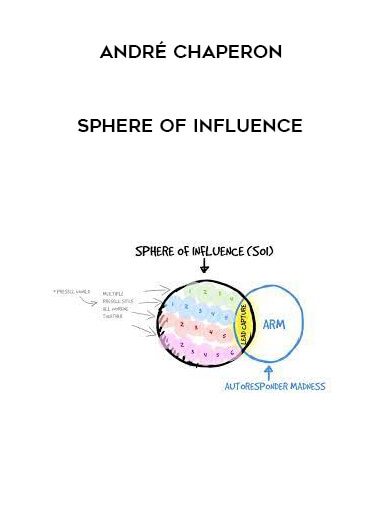
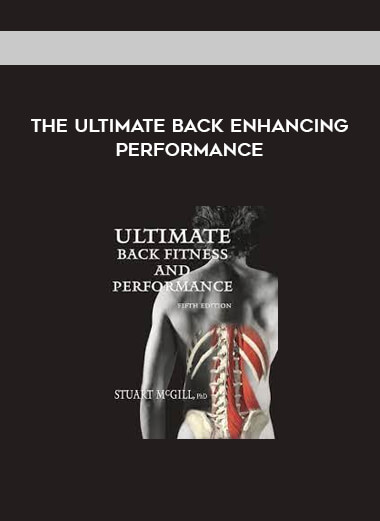
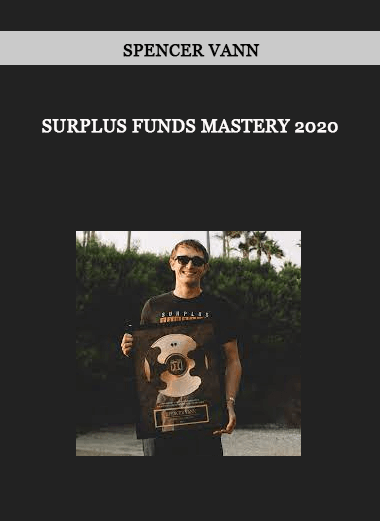
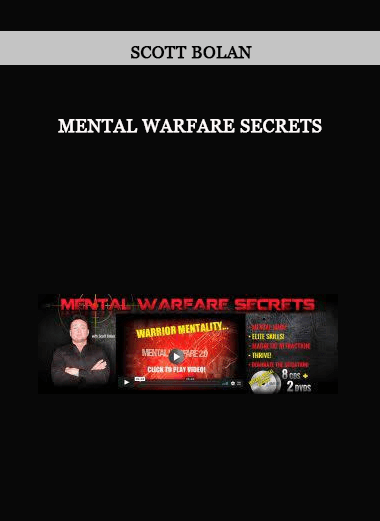
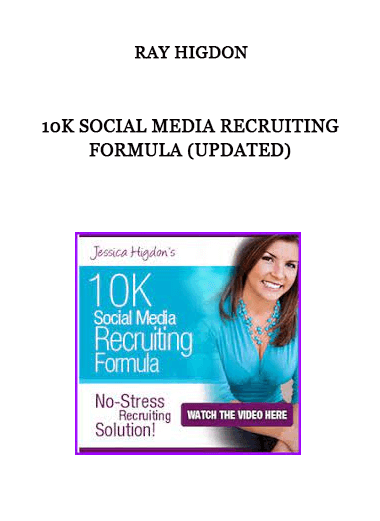



















Reviews
There are no reviews yet.